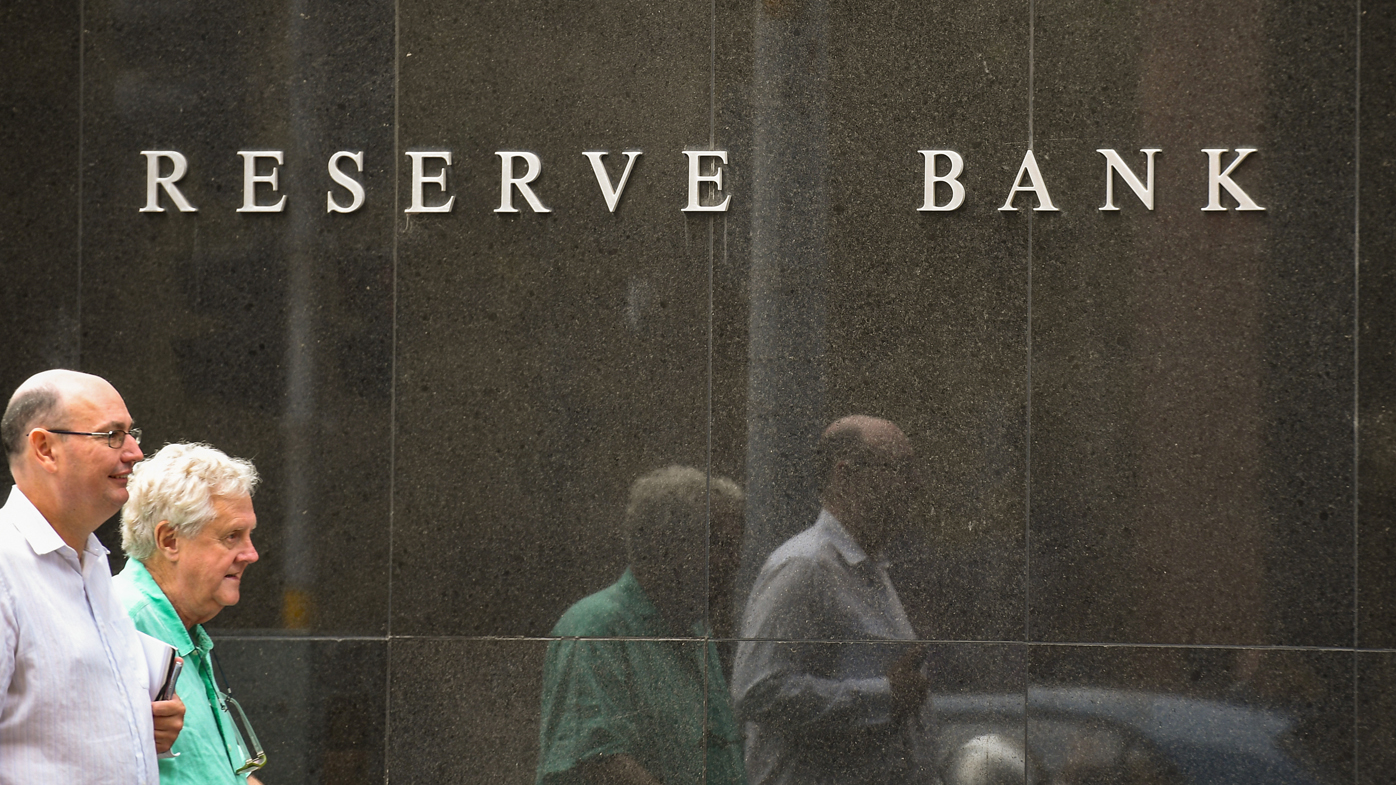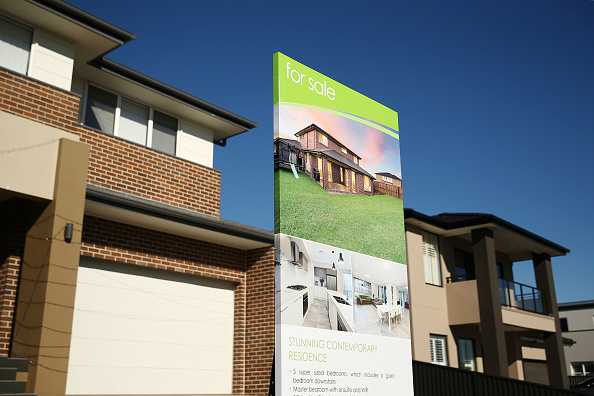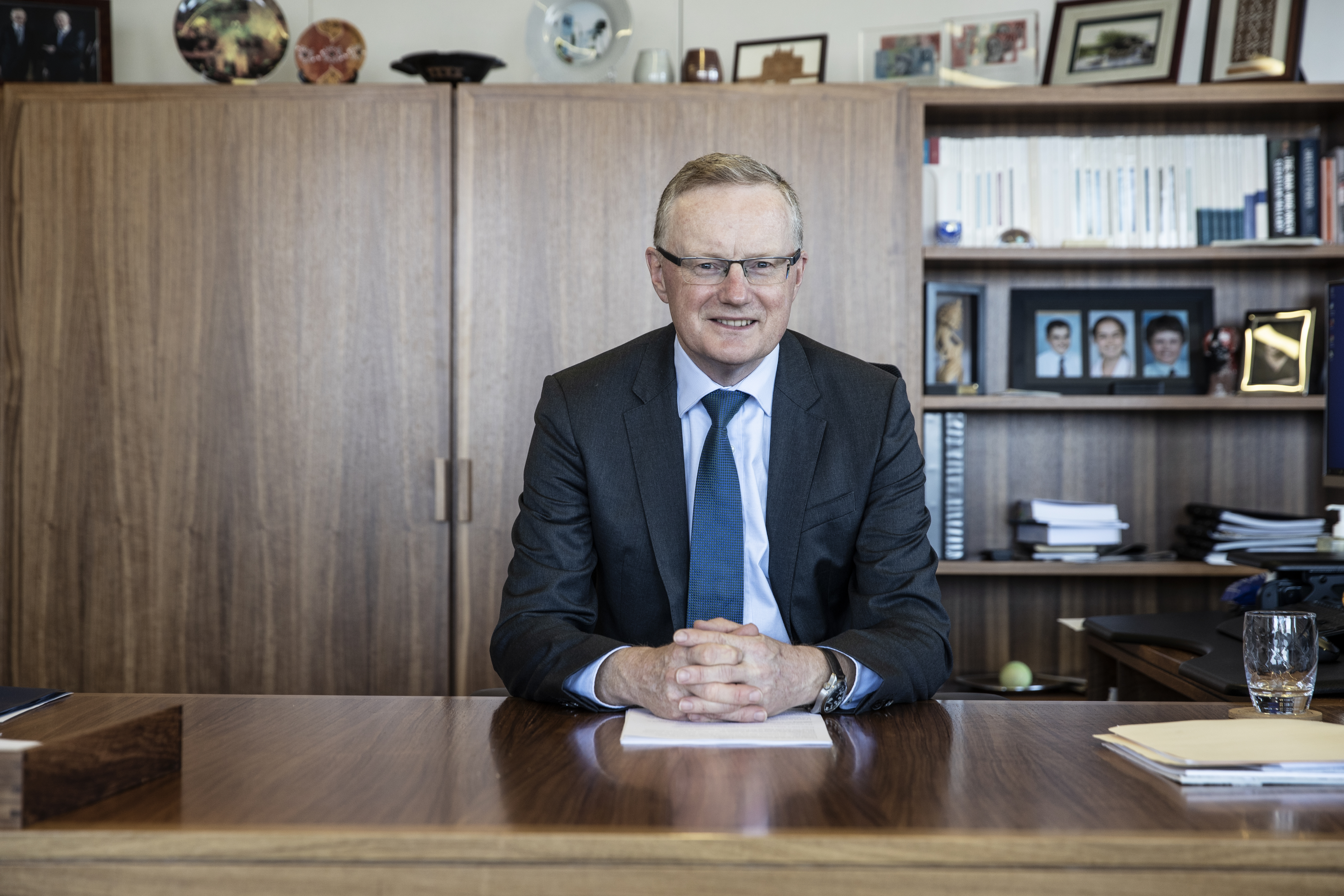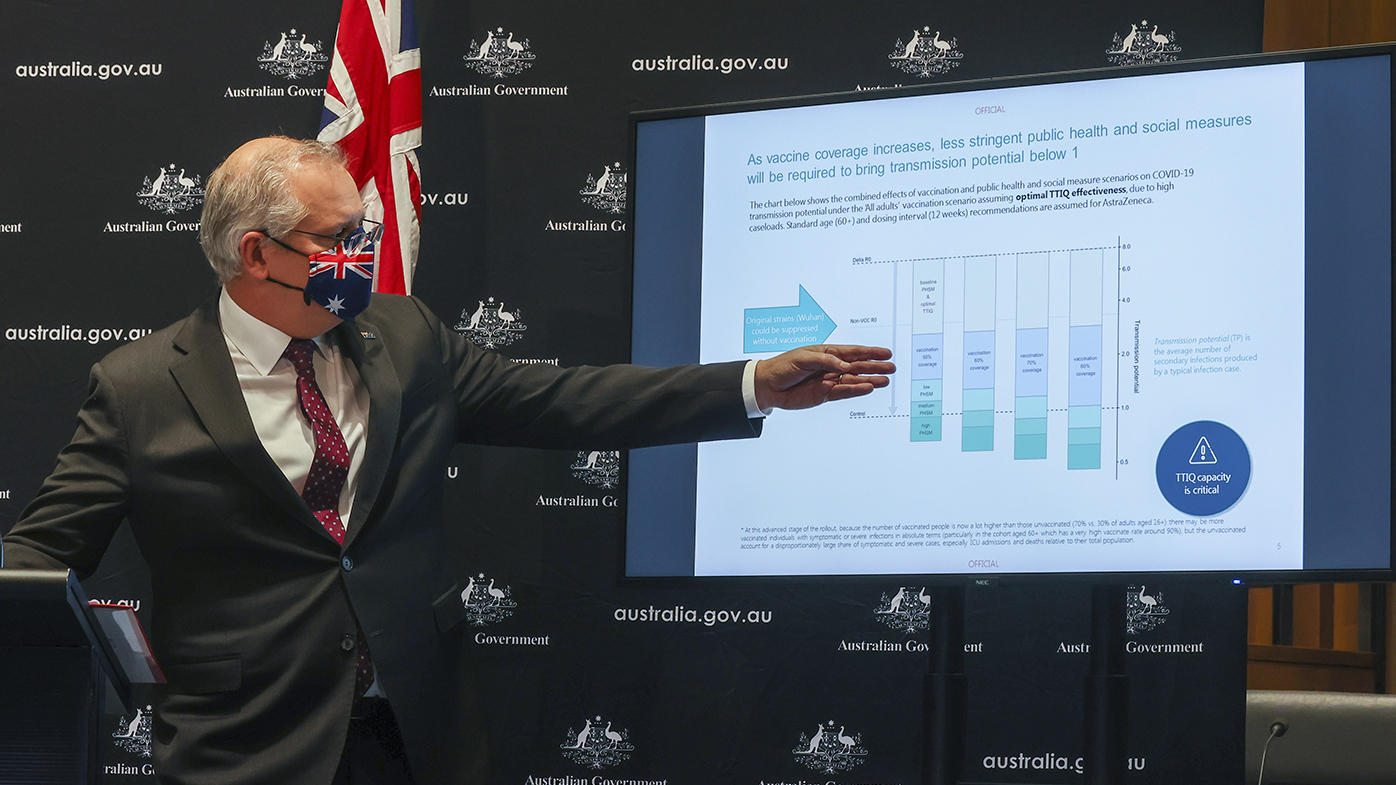Australia's official cash rate will remain on hold at the historically low level of 0.10 per cent, the nation's central bank has decided.
This afternoon the Reserve Bank of Australia (RBA) chose to keep interest rates on hold at the current level as the country battles through the economic impact of extended COVID-19 lockdowns in several states.
The decision to hold rates comes as the nation's property market continues to make an unheralded recovery – so much so that certain regions are experiencing house prices rising at their fastest rate in 33 years.
READ MORE: Top economists give ominous rate hike warning

Access to cheap credit, a delay in housing stock and the cash-hoarding nature of a year in and out of lockdown has seen many Australians decide now is the most opportune time to enter the market.
During his monetary statement RBA Governor Philip Lowe said the bank was keeping a close eye on the trajectory of Australia's property market.
"Housing markets have continued to strengthen, with prices rising in all major markets. Housing credit growth has picked up, with strong demand from owner-occupiers, including first-home buyers," Mr Lowe said.
"There has also been increased borrowing by investors.
"Given the environment of rising housing prices and low interest rates, the Bank is monitoring trends in housing borrowing carefully and it is important that lending standards are maintained."
READ MORE: Australia's economy officially above pre-pandemic levels

Shane Oliver, Chief Economist at AMP Capital, said the targets set by the RBA in order to raise interest rates are still years away.
"The RBA is still a long way from meeting its conditions for a rate hike – namely inflation sustainably back in the 2–3 per cent target range which will require full employment and wages growth sustainably above 3 per cent," Dr Oliver said.
"And the latest coronavirus outbreaks and lockdowns risk delaying progress towards its goals."
READ MORE: Risk of earlier RBA rate hike after cash splash

Many experts believe that Sydney's current lockdown will momentarily impact house prices, but broad-based gains are only on the horizon.
"With people in Sydney still unable to leave their homes, look for house price growth to slow in the coming weeks," said Graham Cooke, head of consumer research at Finder.
"This will come as good news to first-time buyers, who have seen the entry point of the market accelerating away from them in the last few months."
READ MORE: What you need to earn to afford a mortgage in Sydney

Finder analysis of RBA data shows that in the first five months of 2021, a total of $97 billion was borrowed to fund the purchase of a house.
Over the same period in 2018 – well before the COVID-19 pandemic and when interest rates sat at 1.5 per cent – that same figure was 50 per cent less at $62 billion.
